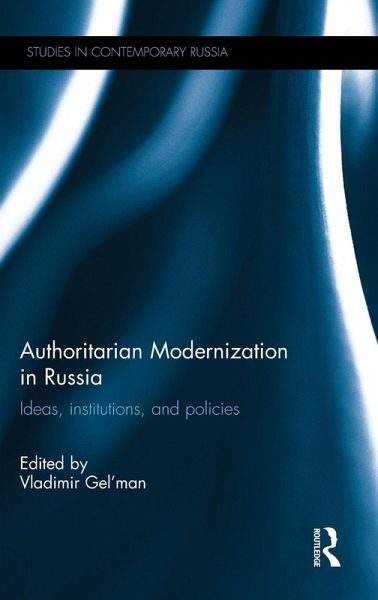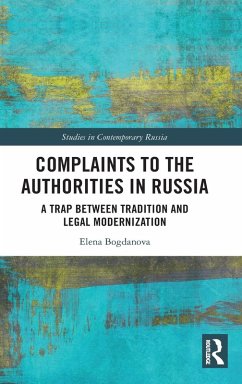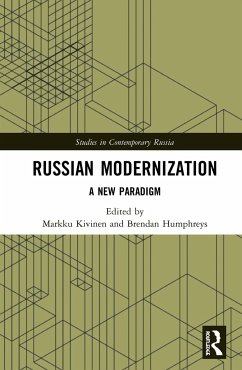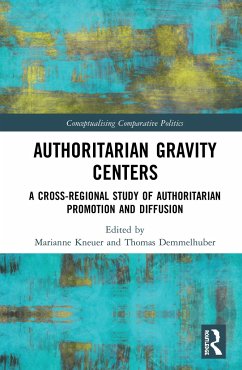
Authoritarian Modernization in Russia
Ideas, Institutions, and Policies
Herausgeber: Gel'Man, Vladimir
Versandkostenfrei!
Versandfertig in 1-2 Wochen
177,99 €
inkl. MwSt.
Weitere Ausgaben:

PAYBACK Punkte
89 °P sammeln!
Post-Communist Russia is an instance of the phenomenon of authoritarian modernization project, which is perceived as a set of policies intended to achieve a high level of economic development, while political freedoms remain beyond the current modernization agenda or are postponed to a distant future. This volume encourages further discussions about the logic and mechanisms of the authoritarian modernization project in post-Communist Russia and its effects on Russia's politics, economy, and society.














